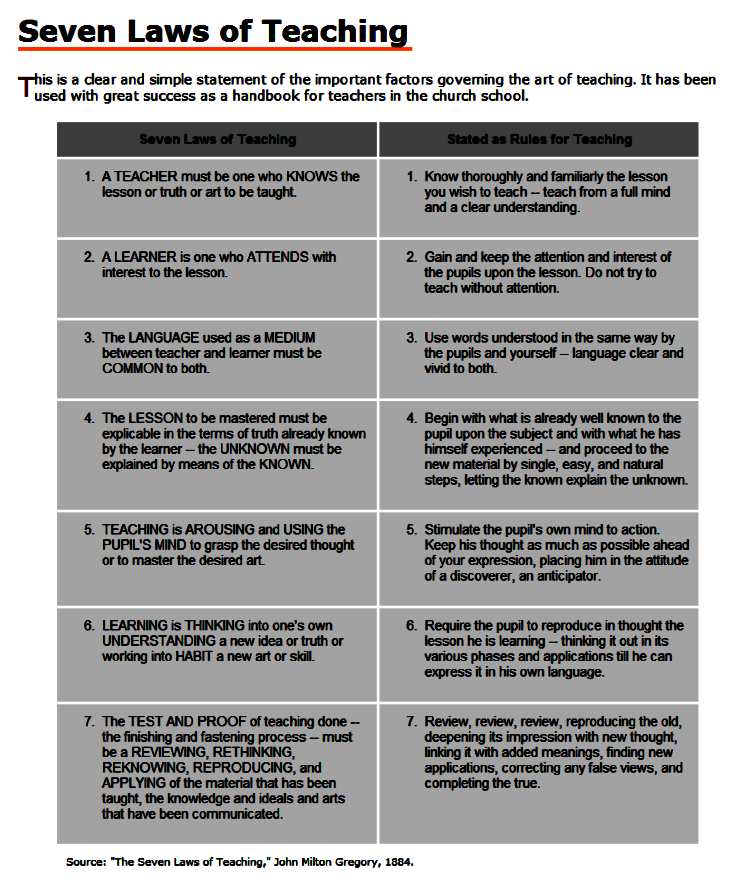Use the Book! The tyranny of print.
I have always had a very cautious view about using a book to teach language. For many reasons which I’d like to elaborate on. I’ve had a few discussions recently about this, regarding new teachers and their need for a book. Most people advocate that a new teacher use a book — or any teacher for that matter, use a book. I’m not so sure. I see the benefits and I myself as a beginning teacher enjoyed those. The structure, the ability to “seem” in control and perform as what is expected of a teacher. The portability of print (its prime benefit and why it won’t ever be replaced) and the effect this has on the student’s ability to study outside of class. Guidance, organization, format, hitting all the bases soberly…….a book offers all this but I have my suspicions it is hurting rather than helping in the EFL classroom.
Yeah, you are probably thinking I’m some kook for arguing against a book and the book. Crazy!!! And yes, it doesn’t have to be black and white, I agree. But let me outline my arguement as to why a book is NOT beneficial in the classroom [and by book I mean “print” , a handout/print out etc…]. Further, why teachers should learn to create speakers first and then readers later.
A book really creates dependence. This is against the notion that language is communal (not insular, like print and McLuhan does a marvellous job in the Gutenburg Galaxy outlining how print affects consciousness –you might also read Canetti’s opus, “Auto da fe” for a look at this too). It gives the user a false sense of control and knowing. In fact, we seldom, if ever, will speak while looking/reading from a book and sitting. Language is mostly done on our feet, with nothing in our hands. And in fact, we are wired this way, from thousands of years of development. Wired to learn language orally and by tongue and ear (not eye – a very recent development ).
A book skews this developmental process and stunts it. Students by using the book early in their learning of a language, really block their learning and only learn to speak to themselves. The new demands of language are for speakers to speak to others and express themselves. This can only be done well by getting learners to learn without a book initially, in this very sensitive, formative stage. I’ve developed a series of conversational powerpoints and hope to do it more based on pictures in the future. But atleast with this , students can stand walk and discuss without reference to “the book”. Teachers should use language/print cues on the board or on cue cards but avoid the book in the early stages of language learning.
Think of the culture Wade Davis mentions in his musing, a culture in Peru where they can’t marry in their own linguistic family. So they have to marry into a family that doesn’t speak their own mother tongue. People , a tribe shares a large house and they speak 7-8 languages and learn entirely by speaking to each other. No book, no syllabus and time with a “teacher”. Just figuring it out as it is spoken.
Using a book also affects the teachers own effectiveness. First, a book creates an illusion of teaching. It is comfortable because we all know the process. This makes many teachers think they are teaching and many students think they are learning. But are they? Further, a book is a barrier to real communication. It is not eye to eye, it creates a barrier to authentic discussion and is a false pipeline. A book also makes student and teacher think of language as “content” based. It isn’t and is a process and fluid / changing artiface. This effects the whole teaching paradigm. A book is useful when teaching reading but when speaking is the focus, it absolutely can be ruinous. A communicative textbook would be no text book at all!!!! [this kind of reminds me of a cartoon I once read about a guy who is wandering in a bookstore. He asks the clerk where the “self help” section is. The clerk takes him to the section and points. There is a long wall of book shelves without books. The man asks, “Where are the books?” ]
A book also creates problems of assessment. You test what has been covered in the book but is that really what should be tested? Shouldn’t we be testing competency, not the content? It doesn’t matter what the students say , imo, as long as they know the “how” to say it. A book pushes us to assess much too much on content and reinforces content and not production, promotes regurgitation and not comprehension.
I’ll pick this conversation up again on the weekend. More to add. But I do want to end by saying — I love books! See my blog on Classroom2.0 about the new movement to open up the world of books digitally and in particularly Richard Baraniuk’s delightful talk/discussion. If indeed the library was or still is “the headquarters of civilization”, the new digital thought ecosphere will be the “heart fo human kind.”
PS> i still believe a book is great in class, and especially the right book. Especially for begining teachers who need more structure and a place to call a home base and from which to then grow out of , creatively, in their EFL classroom. I’m just playing the devil’s advocate here 🙂










Reader’s Comments